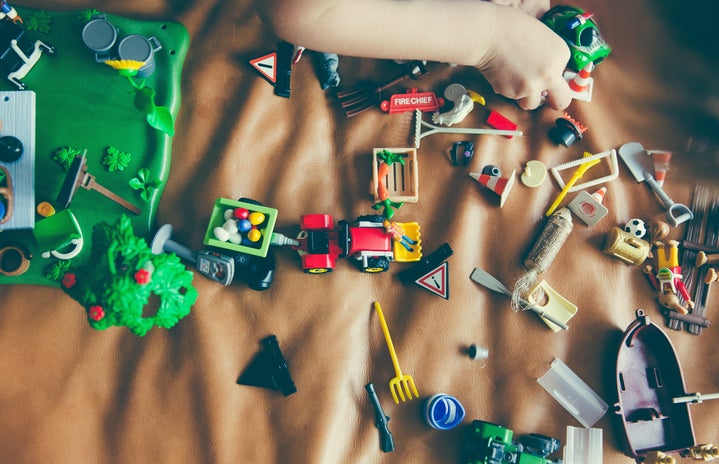Nostalgia can be defined by contemplating past moments, resulting in a feeling of pleasure or sadness, if not even a mix of both. But as time naturally slips through our fingers and the present moment becomes memories so fast, how can we cope with wanting it all to come back?
Maybe someday, out of nowhere, you smell something that brings you right back to your childhood, you hear a song in some random place and it reminds you of a person that you used to hang out with, or you are just simply passing through old pictures that makes you reflect on everything that has changed ever since.
This is how powerful experiencing nostalgia can be. It gives us this, almost magical, bittersweet feeling of traveling in time and, for a few seconds, you are mentally at a place you will never be able to physically be at again.
A feeling always present
However, the origin of the word “nostalgia” means pain and suffering. It first came up as a medical condition at the time of the First American Civil War, as the soldiers missed their homes while they were out fighting for their respective countries. At that time, it had not yet been positively associated with the common feeling that we are used to nowadays. Nostalgia had the power to kill and disable people. It was taken very seriously.
It was one of the leading causes of non-combat death during the war. And the last recorded victim of nostalgia was a private fighting on the Western Front in 1917.
Dealing with nostalgia nowadays
In the 20th century, nostalgia acquired this universal concept of remembering warm old times most commonly associated with childhood. The new generation developed this whole nostalgia core aesthetic around social media, basically investing in all the memories of “easier” and “simpler” days.
As time constantly passes and we begin to grow and age, more memories we start to collect, and we tend to always look at the past with this romantic view that everything was perfect. Yes, it can be very scary to get old and leave all our past versions behind.
What we feel is a fraction of what the soldiers used to experience in the past. But all this glamourization around the feeling can, indeed, be harmful to our mental health, as we know that nostalgia is not supposed to be a state that our brains are supposed to be frequently in.
If time advanced so much that the emotion became a type of aesthetic, we can also start to say that trading the present moment for the past will cause a sense of melancholy and result in empty remembrances of the now, in the future.
Make it a good feeling
Nostalgia may no longer be a disease, but it has not yet lost all of its old associations. While it can be a dangerous emotion, it can also emerge as a fundamental human strength and become part of the fabric of everyday life serving several key psychological functions, if, of course, we raise awareness and consciousness around the feeling.
And there is indeed a beautiful way to turn a moment eternal; living it to the fullest. Living it with presence. So that, we can change the narrative and feel nostalgia as a good thing. Instead of wanting it all back, develop a sense that makes you want to create such incredible moments right now, for the sake of your future self remembering it all with love and glow. And believing that our future version will be making magical memories too.
—————————————————————–
The article above was edited by Maria Clara Polcan.
Like this type of content? Check out Her Campus Cásper Líbero for more.


